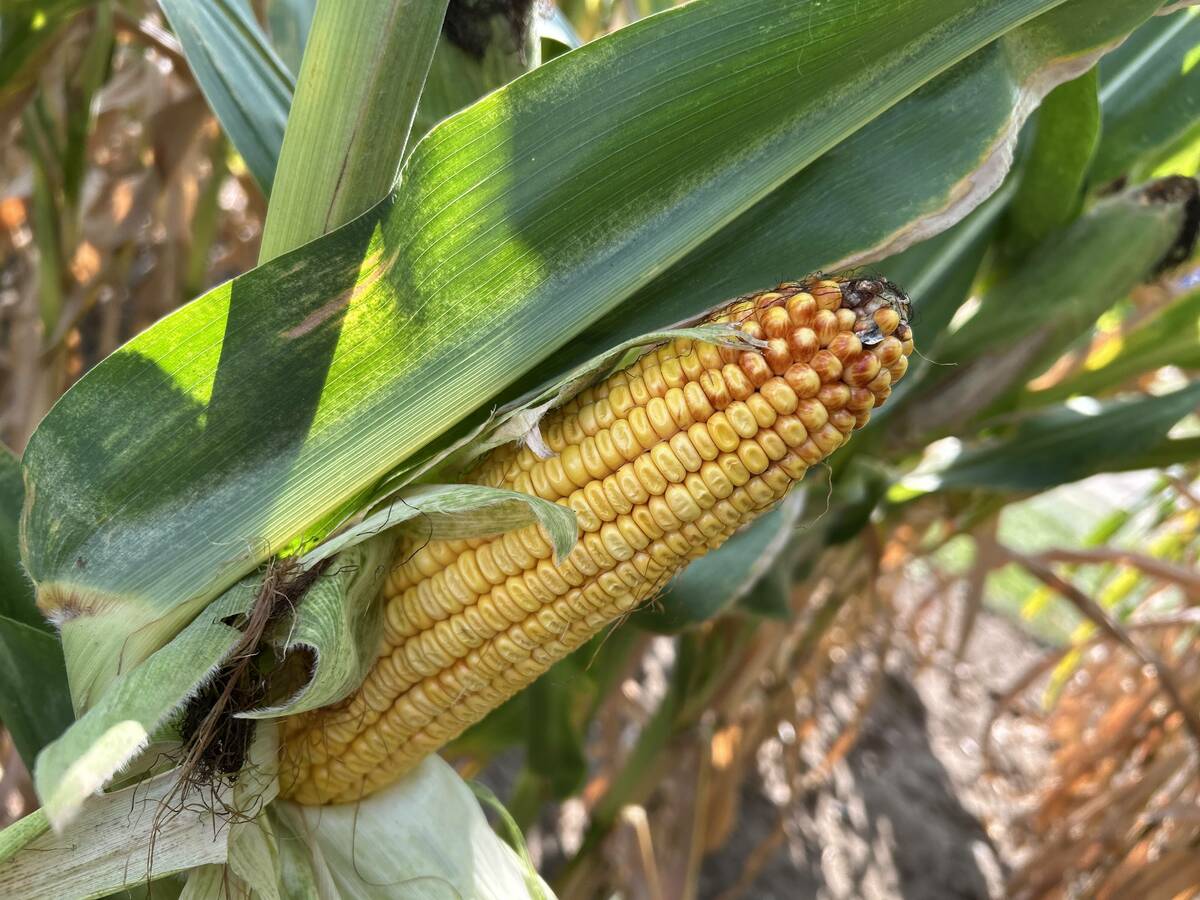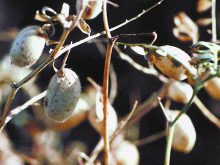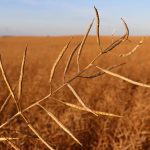Farmer money may soon be flowing into new oat research in Saskatchewan, but Manitoba oat supporters have given up on trying to get a checkoff in their province for the next year.
It’s a frustrating situation for Manitoba oat growers who want to develop their industry.
“Something’s got to be done to get producers at the research table,” said Prairie Oat Growers Association president Al Loyns during the organization’s annual meeting in Winnipeg.
“It’s purely the quirk of the rules in Manitoba that we haven’t got (a checkoff approved).”
Read Also

Crop estimates show mixed results
Model-based estimates used by Statistics Canada showed the 2025/26 crop year has seen increases in canola, corn for grain, oats and lentils production while seeing dips in spring wheat, durum wheat, soybeans and barley in comparison to 2024/25.
Processors want producers to be better organized, said Dennis Galbraith of Can-Oat Milling of Portage la Prairie, so they can see producer commitment to the industry.
“Your lack of interest in a producer organization to further grow the industry is your greatest risk,” said Galbraith.
“We’ve all invested multimillions in bricks and mortar in Canada because we believe the industry belongs here. Without you guys playing the other side of the coin, that’s a risk.”
Saskatchewan POGA director Jack Shymko said a checkoff for oat research has already got preliminary approval and will likely be approved by the provincial cabinet in late January or early February.
That will allow the Saskatchewan Oats Development Commission to begin collecting a refundable checkoff in August 2006.
But Manitoba POGA director Bill Wilton said Manitoba checkoff promoters, after losing two producer votes in the past three years, won’t even try in the next year to get one approved for their province.
“Timing is everything now. We don’t feel as directors that it would be timely for us to have another vote in light of the crop situation,” said Wilton.
Eastern Manitoba crops were devastated by floods and wet weather this summer and fall. Many fields were never seeded in heavy oat production areas and other crops were badly damaged.
Manitoba held a producer vote for a checkoff in 2003, but 51 percent of the 1,700 farmers who voted were against the idea, while 49 percent supported it.
In 2004, 53 percent of the 1,300 voting farmers supported the idea of a checkoff, but provincial laws require a 60 percent vote of support, so the vote failed again.
Loyns said POGA hopes to convince the provincial government to relax the 60 percent rule before the next vote, which will probably be in 2007.
Alberta producers’ lack of interest is also disheartening. POGA has no directors from Alberta, even though it has been looking for some.
That province’s agricultural research commissions have shown interest in setting up an oat commission, but Wilton said POGA wants to get Alberta producers more involved in the organization so they can push to set up a checkoff in their province.
POGA is a prairie-wide organization, but checkoffs are authorized on a provincial level, so each province will need to have its own independent research and promotion organization.
Shymko said he didn’t think that would create disharmony.
“I live in eastern Saskatchewan and my conditions are like those in most of Manitoba,” he said.
Loyns said POGA has taken on big challenges because of its prairie-wide focus.
“No one’s ever tried to do this before,” said Loyns. “It’s path breaking.”















